Share on:
For business owners, the importance of a strong internet connection has overtaken owning a physical store; more and more businesses are choosing to exist online rather than taking up space on the high street. And, to ensure companies can keep up with the online custom, it is essential to have the best internet connection to run their business.
With the need for internet and broadband increasing, there is now a wide range of options to suit you and your businesses needs. You might even be feeling overwhelmed by all these new terms and abbreviations. Here at Eze Talk, it is our job – not yours- to keep up to date on all the ins and outs of broadband and internet options. That is why we have put together an ultimate guide to help you figure out which broadband is the best option for you.
No, that isn’t a typo! Ethernet is a strong choice for those looking for the best broadband for your business. This ultra-reliable, cloud-ready internet connection is essential for ensuring your business is ready for anything.
Ethernet is prepared for anything and is entirely secure with a dedicated leased line offering you private access to a bandwidth reserved for you and your business exclusively. Not only does this mean you have a private, secure connection, it also means you can enjoy speeds of up to 10GB guaranteed. For example, suppose you are a business that relies heavily upon online business and the smooth running of your website. In that case, Ethernet is the best option for you as it is guaranteed to offer you a secure, reliable and stable internet connection.
FTCC stands for a connection called Fibre to the Cabinet. This internet connection works by connecting businesses to fibre-optic broadband through copper wires. FTCC can be a cost-effective form of broadband; however, speeds can depend upon the distance from the exchange. Nevertheless, FTCC is a great cost-effective option for small businesses.
FTCC has more than 95% UK coverage and can offer speeds up to 80Mbps. This speed of FTCC is much faster than ADSL; however, as aforementioned, these speeds are impacted by proximity to a BT exchange. Therefore, we recommend researching your location and the expected broadband speeds in the area as this can help your decision when it comes to choosing your broadband.
An ADSL internet connection stands for Asymmetric Digital Subscriber Line. This approach connects copper wires through existing phone lines – hence why it has a broader range of coverage than FTTC, covering 99% of the UK. This type of broadband might be more beneficial for your home broadband needs as opposed to your businesses – unless your business relies less on its online presence.
With ADSL, it is worth noting that it is much slower than FTCC and Ethernet, with speeds of only 24Mbps. If you are a business looking to utilise your online website and presence, we do not recommend ADSL. Like with FTCC, we suggest researching where your BT exchange is as location and distance once again impacts broadband speed.
So, the results are in, and Ethernet is ultimately the best option for you as a business owner. Whilst the demand for online websites keeps growing, it’s essential to be prepared and keep up with technological advances; even as a small business, you should prepare for your customers to expect an online service.
If you are still unsure which broadband to go for, we at Eze Talk have a clear, concise section to help you compare and contrast the range of broadband we offer. For example, if you choose to go with Ethernet, we offer a no install fee on a three-year term! Meaning you can save money on our best broadband package and get your business up and running smoothly and effectively. On top of that, we are currently offering three months of free Ethernet!
With us, you can receive the best broadband we have for no cost to your business. So if you decide that Ethernet isn’t best for you, you haven’t lost out on anything, even though we have a suspicion that once you try Ethernet, you won’t want or need anything else!

Contact Us
Address: Unit 4, 2nd Floor, Dane Mill, Broadhurst Ln, Congleton CW12 1LA
General Enquiries